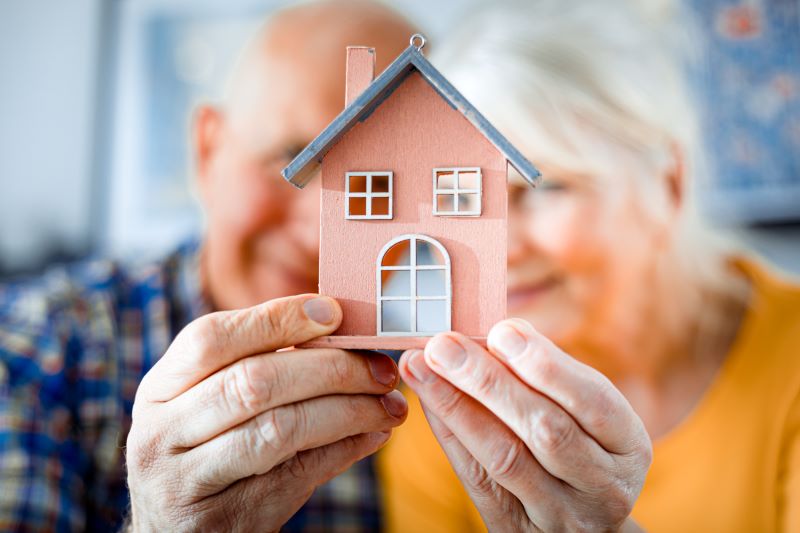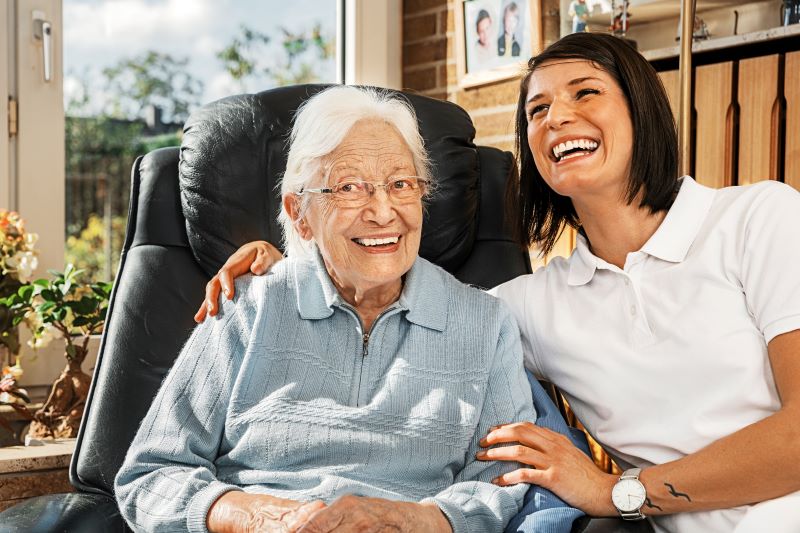- 5 Star Home Care COVID-19 Update PLEASE CLICK HERE
Tell-tale signs that an elder needs in-home care
3 Fun Activities to do with a Senior Relative
July 4, 2018What it’s like to live with Alzheimer’s
July 14, 2018Philadelphia’s in-home care market grew by 22.4% between 2011 and 2016, showing that the demand for this type of service is increasing significantly. Thanks to improved healthcare and medicine, people are living well for longer and can spend more of their later years at home. This is excellent news for older people and their loved ones, but as older people become more independent and are often living alone, it can be difficult to know when it’s the right time to hire someone to help. Here are some signs that people may be ready for some help at home.
Losing weight
As people get older, especially if they’re living alone, they can lose interest in cooking for themselves and can lose their appetite. People with dementia can forget to eat. If this happens, their stomach will shrink, creating an even more reduced appetite, and the person will lose weight and become frail. This increases the chances of broken bones if the person suffers a fall, so should be kept in check. A carer visiting their home can bring ready-cooked meals or can stay in the home and cook for the homeowner.
Losing things
An early sign that people will need help is if they keep misplacing important items. This might start with normal things like keys and slippers, but it could progress to losing more important or less transient things. On example is an elderly lady in Philadelphia who lost her husband’s ashes that had been on the fireplace for a decade. Everybody loses things now and again, but if an older person is misplacing belongings on a regular basis or forgetting to do important tasks, this should be viewed as a warning sign.
Going out less
Loved ones may lose confidence and independence, particularly if they have suffered a fall whilst out and about. If this happens, they will begin to go out less. This will lead to them becoming more withdrawn, with less to talk about and less social interaction, which can result in loneliness, depression, anxiety and dementia. The more socially and physically active people are, the healthier their bodies and minds will stay. If a person is losing confidence and venturing out less, loved ones should intervene and try to encourage new of different activities within the person’s comfort zone. If loved ones are nearby, they may need support and assistance to go out. This is difficult when younger family members are working long hours or live far away, but it’s important for the family to keep interaction high.
If an older person becomes isolated at home, this could be a sign that they’ll soon be ready for someone to help them at home.
People seeing these things should begin to look at options for in-home care and begin to make plans in collaboration with their loved ones.



